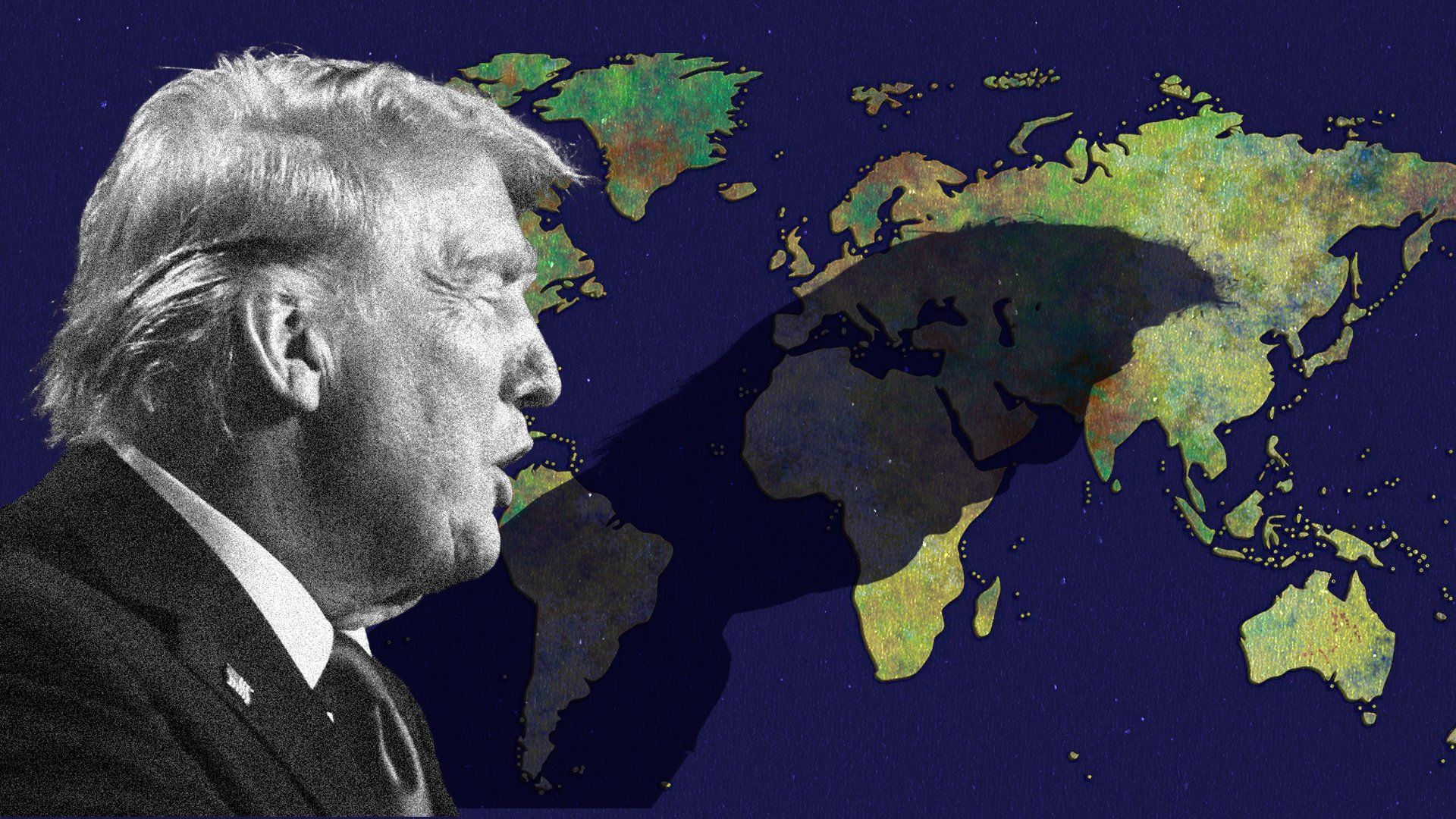February 27, 2025
After softening its demands, the US has secured a critical minerals development deal with Ukraine, whose president, Volodymyr Zelensky, is planning to visit Washington on Friday. The US had initially demanded $500 billion in critical minerals for jointly developing critical these resources, and, ostensibly, repaying the country for money sent to Ukraine to aid it in its defense against Russia. Ukraine hopes the deal will ensure future military funding assistance from the US, which has been thrown into doubt since Donald Trump came to office. (Read our explainer on rare earths here.)
Closer to home, as Trump threatens Canada with tariffs, there’s growing concern that the president’s ultimate aim – aside from possibly annexing the country – is gaining control of Canadian critical minerals and rare earths. These resources, which include lithium, cobalt, copper, graphite, and more, are essential to several industries and products, including electric vehicles, cell phones, computers, and military hardware, making them not just essential to the economy, but to national defense, too.
In Canada, concern over critical minerals played a notable part in the Liberal Party’s English-language leadership debate on Tuesday night, as candidates to replace outgoing Prime Minister Justin Trudeau spent much of the evening talking about threats from the US. Presumptive frontrunner Mark Carney said Canada ought to leverage its critical minerals to deal with Trump and strengthen the Canadian economy, while Parliament member and Cabinet minister Karina Gould warned that Trump’s focus on Canada was expressly tied to a play for those resources. The growing focus on economic and domestic security in the US means we could be hearing a lot more about critical minerals and rare earths in the weeks and months to come as the president refines his demands from Canada.From Your Site Articles
More For You
Most Popular
- YouTube
Will AI change the balance of power in the world? At the 2026 World Economic Forum in Davos, Ian Bremmer addresses how artificial intelligence could redefine global politics, human behavior, and societal stability.
Ian Bremmer sits down with Finland’s President Alexander Stubb and the IMF’s Kristalina Georgieva on the sidelines of the World Economic Forum to discuss President Trump’s Greenland threats, the state of the global economy, and the future of the transatlantic relationship.
- YouTube
GZERO World heads to the World Economic Forum in Davos, where Ian Bremmer lookst at how President Trump’s second term is rattling Europe, reshaping both transatlantic relations and the global economy, with Finland’s President Alexander Stubb and the IMF’s Kristalina Georgieva.
© 2025 GZERO Media. All Rights Reserved | A Eurasia Group media company.
